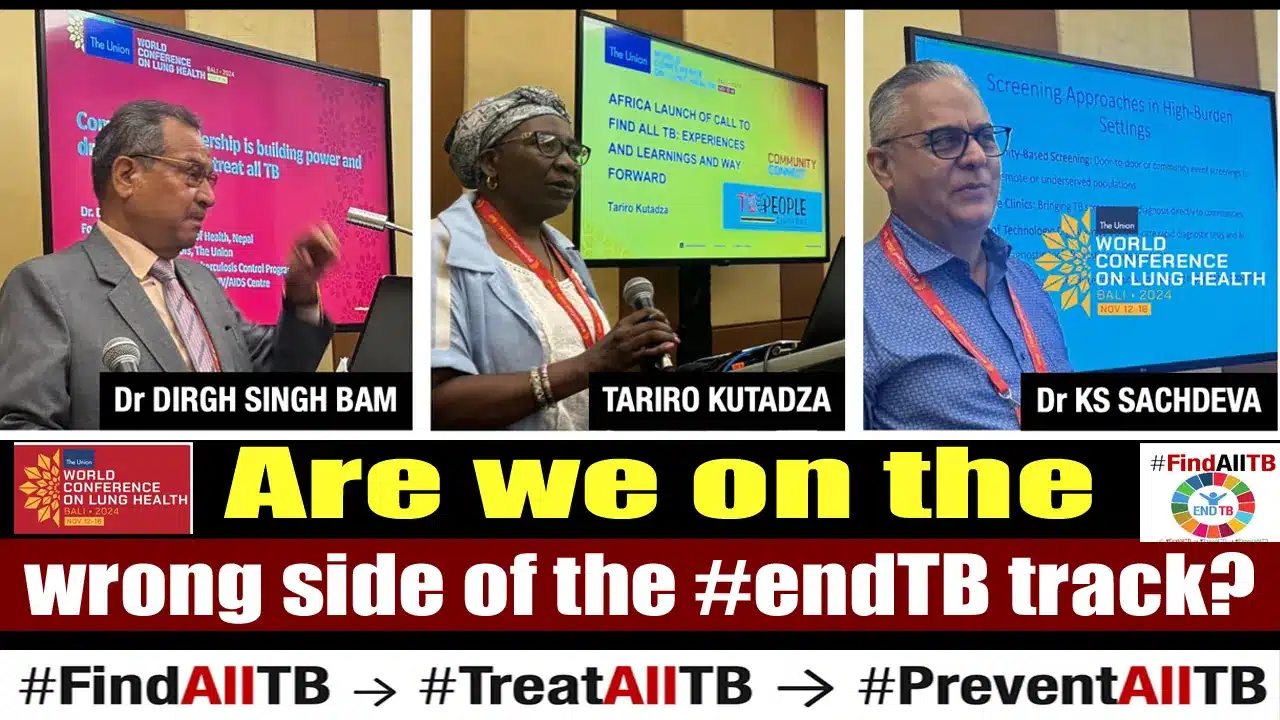LASTEST NEWS
Syria: Conflict parties worsen cholera epidemic
Syria: Conflict parties worsen cholera epidemic
Turkish authorities disrupted water supplies; The Syrian government is blocking aid
(Beirut) – Turkish authorities are exacerbating an acute water crisis believed to have caused a deadly cholera epidemic spreading across Syria and neighboring countries, Human Rights Watch said today. All parties to the conflict must ensure the right to clean water and health for everyone in Syria.
Turkish authorities have failed to ensure sufficient water flow downstream to the Syrian part of the Euphrates River and consistent water supply from the Alluk Waterworks, a critical water source located in the area of northern Syria under their control, to the areas. held by Kurdish forces in northeastern Syria. The Syrian government’s discriminatory diversion of aid and essential services, as well as ongoing security and access restrictions across Syria, are preventing an adequate humanitarian and emergency response in the affected parts of the country.
“This devastating cholera outbreak will not be the last waterborne disease to affect Syrians unless the country’s serious water problems, particularly in the northeast, are addressed immediately,” said Adam Coogle, deputy Middle East director at Human Rights Watch. “Turkey can and should immediately stop exacerbating the Syrian water crisis.”
The Syrian Ministry of Health declared a cholera outbreak on 10 September 2022, with former UN humanitarian aid coordinator Imran Riza calling it a “serious threat to the Syrian people” and to the entire Middle East region. As of November 1, the World Health Organization recorded 81 cholera deaths and more than 24,000 suspected cases in Syria. Cholera has since spread to Lebanon, a country that has been going through many crises.
Human Rights Watch spoke with 10 aid workers from 5 international humanitarian organizations working in and on Syria. They highlighted the water crisis, the lack of medical supplies in the northeast and the lack of consolidated information from all regions of Syria as the main obstacles to an effective response. The researchers also reviewed internal reports from humanitarian organizations on the water crisis since May 2021 and on recent cholera outbreaks.
More than 10 years of conflict have fragmented Syria and decimated its civilian infrastructure and services, including health facilities, water and sanitation systems, and electricity networks. The United Nations estimates that two-thirds of Syria’s water treatment plants, half of its pumping stations and a third of its water towers have been damaged since 2011. “Cholera doesn’t have to be deadly,” said an aid worker in northeast Syria. , emphasizing that malnutrition, the country’s severely damaged health care system and the lack of safe drinking water for many people make the situation so acute.
The dire water crisis plaguing northeastern Syria most notably since late 2020 has been caused by several factors, including dangerously low levels of water flowing into the Syrian-controlled part of the Euphrates River from Turkey, on which more than five million people in Syria directly depend. for their water supply. This affects the ability of water authorities to serve communities, and higher concentrations of contaminants in water can cause disease to spread. According to a June 2021 report by the United Nations Office for the Coordination of Humanitarian Affairs (OCHA), 54 out of 73 water stations along the west bank of the Euphrates were significantly or severely affected by critically low water levels.
A bad rainy season and breakdowns at the Allouk water station, which serves hundreds of thousands of people in the region, also contributed to the crisis.
rely on expensive and unreliable private tankers.
Human Rights Watch documented that in March 2020, amid the COVID-19 pandemic, Turkey failed to ensure sufficient water supplies from the Allouk station to Kurdish-controlled areas in northeastern Syria. At the time, 49 Syrian groups condemned what they called Turkey’s “deliberate interruption of water supplies” to the station.
Russian-brokered deals between Turkish forces and Kurdish authorities to supply water through the Allouk station to communities dependent on it in exchange for providing electricity from areas under the control of Kurdish authorities to certain Turkish-occupied areas have repeatedly failed.
One aid worker said that as Turkey moves closer to connecting areas in northern Syria it occupies to its own electricity grid, it may no longer face meaningful pressure to continue supplying water from the Alluk station to Hasakeh.
The station continues to experience reduced functionality and frequent breakdowns, in part due to urgent repairs and patchy access for repair teams, three aid workers said. Corrections require the consent of all parties involved. The UN Special Envoy for Syria reported on 25 October that the Allouk water plant was out of service from 11 August to 20 October.
On 20 October, the NGO Forum representing more than 150 humanitarian organizations expressed concern over the rapidly spreading cholera epidemic in Syria and called for “unfettered access by all means for humanitarian supplies and personnel to respond to the outbreak and all humanitarian needs”. in Syria.”
Long-term restrictions on aid reaching the Kurdish-controlled areas of northeastern Syria, imposed by the Syrian government in Damascus, have left medical facilities and aid groups operating in northeastern Syria scrambling to respond to the disease, which can spread rapidly in areas with poor water and sanitation. sanitary infrastructure.
“Whole families are coming in sick, medical facilities are overcrowded, people are lying on the floor,” said one aid worker, and although UN agencies promised to deliver medical supplies from Damascus, including antibiotics and intravenous fluids, no supplies arrived on October 7, a month after declaration of outbreak. “’Next week’ they keep saying ‘next week’ and we just don’t get it. The aid worker said UN agencies were apparently having trouble getting the Syrian government’s approval to move supplies.
“In one case,” he said, referring to the early days of the Covid-19 pandemic, “the medical supplies that were promised to us were delayed by a whole year, meaning that when they arrived, they were one month away from their expiration date.”
The Syrian government has long resisted what it calls cross-aid, aid that moves across the front lines from government-controlled parts of the country to non-government-controlled areas.
Turkey should ensure that it equitably shares the water resources of the Euphrates River with Syria and Iraq and that the Allouk waterworks immediately restore water supplies to communities in need, Human Rights Watch said. All parties to the conflict should provide aid workers with direct and unhindered access to all areas of Syria
“Syrians stood up to a brutal government back in 2011 to fight for their civil and political rights,” Coogle said. “Now, more than a decade later, they are struggling to meet their most basic needs.”







